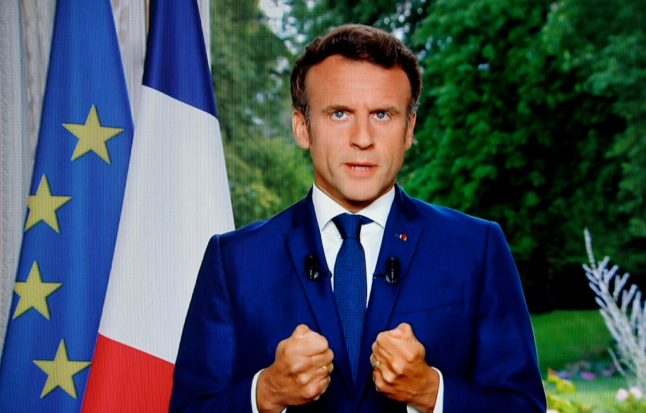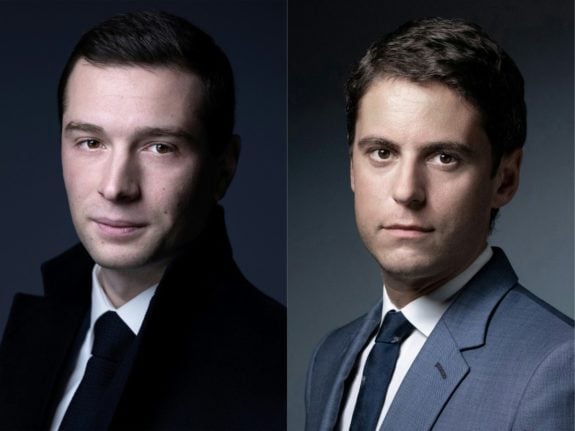Macron has been holding meetings with all other party leaders in an attempt to break the deadlock in parliament after his group lost its majority in Sunday’s elections, but in a live TV address to the nation he did not announce an alliance.
Instead he said that a new style of government was called for, saying: “The responsibility of the presidential majority is therefore to expand, either by building a coalition contract or by building majorities text by text.”
He rejected the idea of forming a “government of national unity” with all parties, saying that the present situation does not justify it.
READ ALSO Can Macron dissolve the French parliament?
But he said that opposition groups have signalled that: “They are available to advance on major topics” such as the cost of living, jobs, energy, climate and health.”
He said: “We must learn how to govern differently, by dialogue, respect, and listening
“This must mean making agreements, through dialogue, respect, and hard work. The country has made its desire for change clear.”
Speaking for just eight minutes in the gardens of the Elysée, Macron added: “I cannot ignore the fractures and strong divisions that traverse our country.”
He said urgent draft laws, especially to alleviate the impact of inflation and rising energy prices, would be submitted to parliament over the summer.
Macron called on the opposition parties to “clarify in all transparency, in the coming days, how far they are willing to go” in their support of such measures, which he said would not be financed by higher taxes.
He added that he himself had been re-elected in April on a platform of “ambitious reform” which he expected to carry out.
The parliamentary impasse should not lead to “stagnation”, Macron said, but to “dialogue and the willingness to listen to each other”.
Macron’s centrist group Ensemble (Together) ended Sunday’s elections as the largest group in parliament – but with 245 seats they are 44 short of an absolute majority.
The leftist coalition Nupes – an electoral alliance of the hard-left La France Insoumise, the centre-left Parti Socialiste, the Greens and the Communists – got a total of 131.
Meanwhile Marine Le Pen’s far-right Rassemblement National got 89 seats and the centre-right Les Républicains got 61 seats.
With deadlock in parliament, Macron has been holding meetings over the last two days with the party leaders in the attempt to create an alliance that will allow him to pass legislation over the next five years.
Reacting to Macron’s speech, Jean-Luc Mélenchon, leader of the leftist alliance which is the second largest group in parliament, said: “He was elected because most French people did not want the extreme right – the French people have rejected the president’s proposals.
“Nothing can change the choice of the French people.”
Macron’s position as president is not directly threatened by the lack of a majority, but it will mean that passing any legislation – which must be agreed by parliament – will be very difficult.
While negotiations between all parties will continue, Macron himself heads to Brussels on Thursday for an EU summit.



 Please whitelist us to continue reading.
Please whitelist us to continue reading.
Member comments